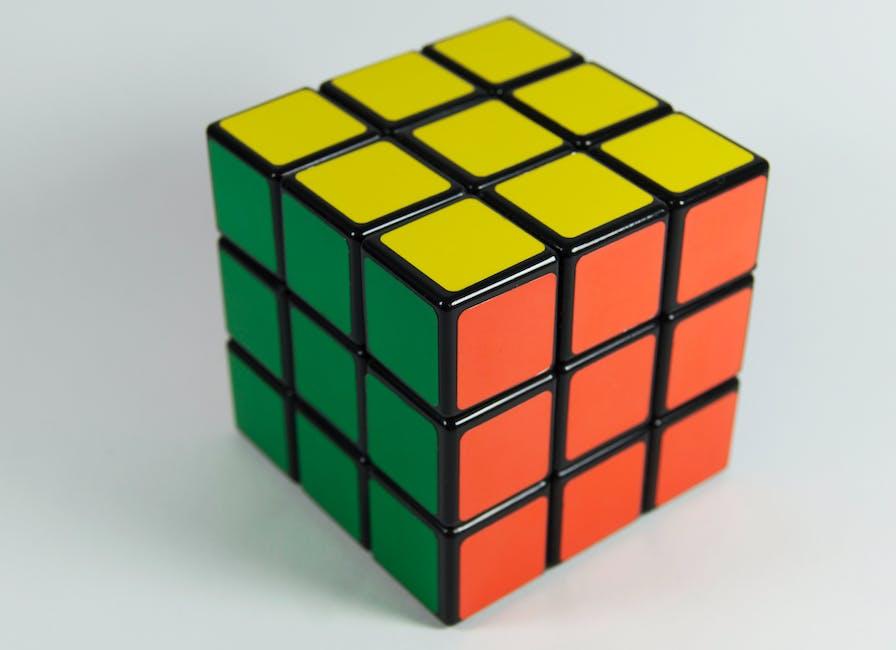Introduction
Problem-solving is a crucial skill in our personal and professional lives. It helps us navigate complex situations, make informed decisions, and create innovative solutions. This skill is not innate; it can be developed and honed over time. This blog post aims to provide practical strategies to enhance your problem-solving abilities.
Understanding the problem at hand is the first step towards finding a solution. This involves defining the problem clearly and identifying its root cause. Developing critical thinking skills is another essential aspect of problem-solving. It involves analyzing the problem from different perspectives and applying logic and reasoning to find solutions.
Furthermore, creativity plays a significant role in problem-solving. Encouraging out-of-the-box thinking and utilizing brainstorming techniques can lead to innovative solutions. Building effective problem-solving strategies, such as breaking down the problem into smaller parts and developing step-by-step action plans, can also be beneficial. Finally, practicing problem-solving in real-life situations can help you apply these skills to everyday challenges and learn from past experiences.

Photo by cottonbro studio on Pexels
Understanding the Problem
Understanding the problem is the first step in the problem-solving process. This involves defining the problem clearly and identifying its root cause. A clear definition of the problem provides a solid foundation for finding a solution. It helps you understand what needs to be solved and why it is important.
Identifying the root cause of the problem is equally important. It helps you understand why the problem exists and how it can be solved. This involves asking probing questions, gathering relevant information, and analyzing the problem in depth. It’s important to avoid jumping to conclusions and instead, take the time to understand the problem fully.
Here are some steps to help you understand the problem:
- Define the problem clearly
- Identify the root cause of the problem
- Gather relevant information
- Analyze the problem in depth
Developing Critical Thinking Skills
Critical thinking is a key component of problem-solving. It involves analyzing the problem from different perspectives and applying logic and reasoning to find solutions. This helps you make informed decisions and avoid potential pitfalls.
Analyzing the problem from different perspectives can provide new insights and lead to innovative solutions. This involves considering the problem from various angles and understanding its impact on different stakeholders. Applying logic and reasoning can help you evaluate potential solutions and choose the most effective one.
Here are some strategies to develop your critical thinking skills:
- Consider the problem from various angles
- Understand the impact on different stakeholders
- Evaluate potential solutions
- Choose the most effective solution

Photo by cottonbro studio on Pexels
Enhancing Creativity
Creativity plays a significant role in problem-solving. It involves thinking outside the box and coming up with innovative solutions. Encouraging out-of-the-box thinking can lead to new ideas and perspectives that can help solve the problem.
Utilizing brainstorming techniques can also be beneficial. This involves generating a large number of ideas and then narrowing them down to the most effective ones. Brainstorming encourages free thinking and can lead to innovative solutions.
Here are some strategies to enhance your creativity:
- Encourage out-of-the-box thinking
- Utilize brainstorming techniques
- Generate a large number of ideas
- Narrow down to the most effective ideas
Building Effective Problem-Solving Strategies
Building effective problem-solving strategies is crucial for finding solutions. This involves breaking down the problem into smaller parts and developing step-by-step action plans. Breaking down the problem can make it more manageable and easier to solve.
Developing step-by-step action plans can help you tackle the problem systematically. This involves identifying the steps needed to solve the problem and then executing them in a logical order. It’s important to be flexible and adapt your plan as needed.
Here are some strategies to build effective problem-solving strategies:
- Break down the problem into smaller parts
- Develop step-by-step action plans
- Identify the steps needed to solve the problem
- Execute the steps in a logical order

Photo by cottonbro studio on Pexels
Practicing Problem-Solving in Real-Life Situations
Practicing problem-solving in real-life situations can help you apply these skills to everyday challenges. This involves identifying problems in your daily life and using the strategies discussed above to solve them. It’s important to learn from past experiences and adapt your strategies as needed.
Learning from past experiences can provide valuable insights and help you improve your problem-solving skills. It involves reflecting on what worked and what didn’t, and using this information to improve your strategies. Adapting your strategies based on past experiences can help you become a more effective problem solver.
Here are some ways to practice problem-solving in real-life situations:
- Identify problems in your daily life
- Use the strategies discussed above to solve them
- Reflect on what worked and what didn’t
- Adapt your strategies based on past experiences
Conclusion
Improving your problem-solving abilities can have a significant impact on your personal and professional life. It can help you navigate complex situations, make informed decisions, and create innovative solutions. The strategies discussed in this blog post, such as understanding the problem, developing critical thinking skills, enhancing creativity, building effective problem-solving strategies, and practicing problem-solving in real-life situations, can help you enhance your problem-solving abilities.
Remember, problem-solving is a skill that can be developed and honed over time. It requires practice, patience, and persistence. So, don’t be discouraged if you don’t get it right the first time. Keep practicing, learn from your mistakes, and continue to improve your problem-solving abilities.
Finally, remember to take care of your mental health while tackling problems. Techniques like positive self-talk, yoga as meditation, and self-care can help manage stress and maintain a positive mindset. Happy problem-solving!
#problem-solving #improvement #criticalthinking #creativeproblem-solving #analyticalskills



